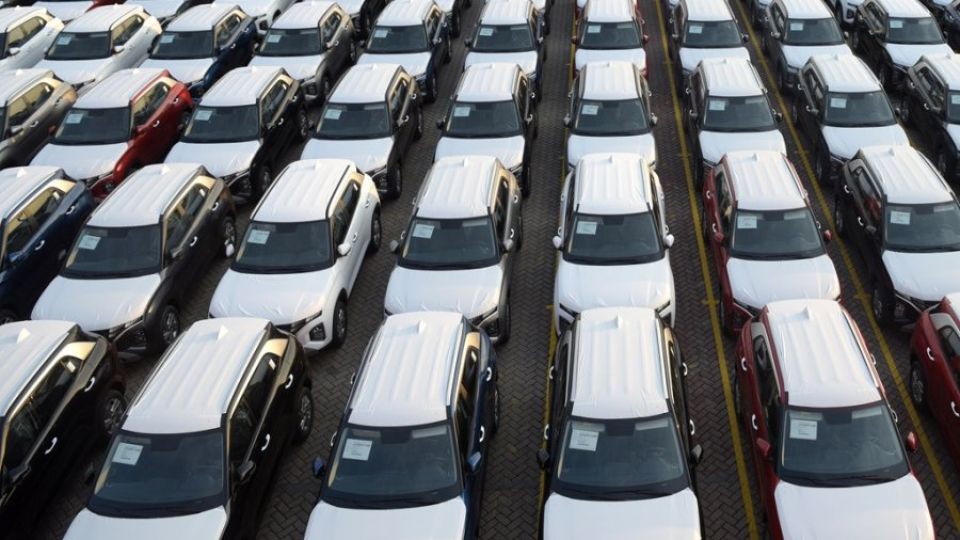December 30, 2024
JAKARTA – Indonesian carmakers are expecting a minimal impact from the planned value-added tax (VAT) increase to 12 percent which is set to take effect in January 2025, thanks to fiscal incentives designed to offset the burden.
The Indonesian Automotive Manufacturers Association (Gaikindo) said the incentives would help alleviate concerns from businesses and industry players about the potential impact of the tax hike on vehicle sales, especially given the current sluggish market conditions.
“The VAT increase to 12 percent next year will not significantly hurt sales potential. The impact may even be negligible,” said Gaikindo chairman Yohanes Nangoi on Thursday, as quoted by state news agency Antara.
The government has been adamant in moving forward with the planned VAT hike in January next year despite protests from businesses and consumers alike.
On Dec. 16, it announced multiple incentives to cushion the impact of the VAT hike from 11 to 12 percent.
That includes partially waiving the VAT for completely knocked down (CKD) electric vehicle purchases and luxury sales tax (PPnBM) for completely built-up (CBU) electric vehicle imports.
From Jan. 1, 2025, hybrid vehicles will also benefit from a 3 percent luxury sales tax discount, reducing the rate to a range of 3 to 9 percent from the current 6 to 12 percent. However, this will only be applicable for cars meeting local content requirements (TKDN).
“These incentives for hybrid vehicles are a welcome boost that should help revitalize Indonesia’s automotive sector,” Yohanes added.
The auto industry only sold 784,788 units of new cars from January to November this year, a 14.7 percent drop compared with the same period last year, according to Gaikindo data.
Carmakers expect the industry to miss its 1-million-unit target this year, a benchmark it uses to gauge how well it performs annually, as the industry group had cut its full-year target for four-wheelers from 1 million to 850,000 in September.
Over the past decade, new car sales in Indonesia have only fallen below the 1-million-unit mark during the pandemic in 2020 and 2021.
However, carmakers maintain that they can still aim to sell 1 million units of new vehicles next year, as they remain hopeful for a turn around.
Eko Cahyanto, the Industry Ministry secretary-general, said on Dec. 19 that the stimulus was aimed at supporting the sluggish performance of the automotive industry.
When asked why the incentive only covered luxury sales tax rather than VAT, he explained that the government had calculated how to “fairly” distribute the benefits of the incentive between the government and the public.
Analysts have projected that the industry will struggle to surpass the 1-million-unit sales mark until 2026, citing challenges include the upcoming VAT hike, additional regional vehicle taxes (Opsen), weakening middle-class purchasing power and relatively high interest rates on vehicle ownership loans.
The additional regional vehicle taxes are stipulated under a regional fiscal management law passed by lawmakers in late 2021.
The government aims for the law to boost revenue, simplify debt financing and streamline spending for regional governments, which have been relying heavily on transfers from the central government budget.


